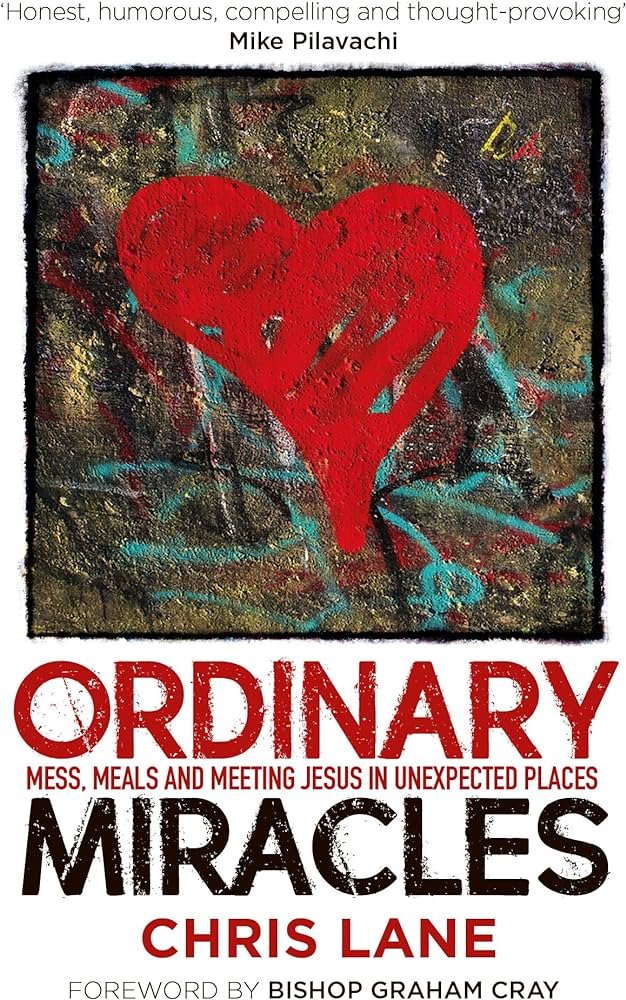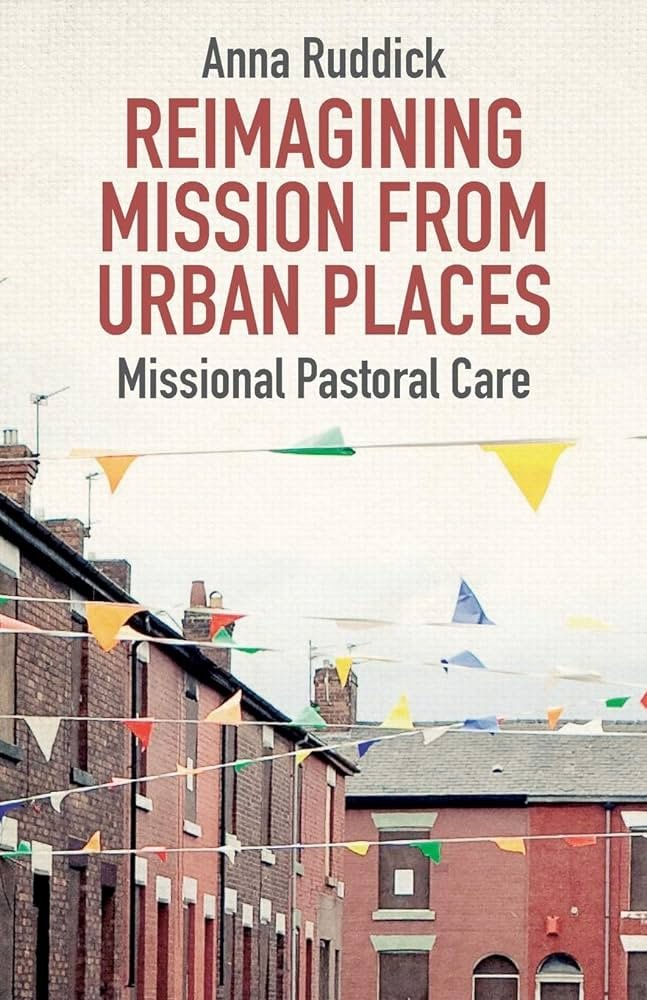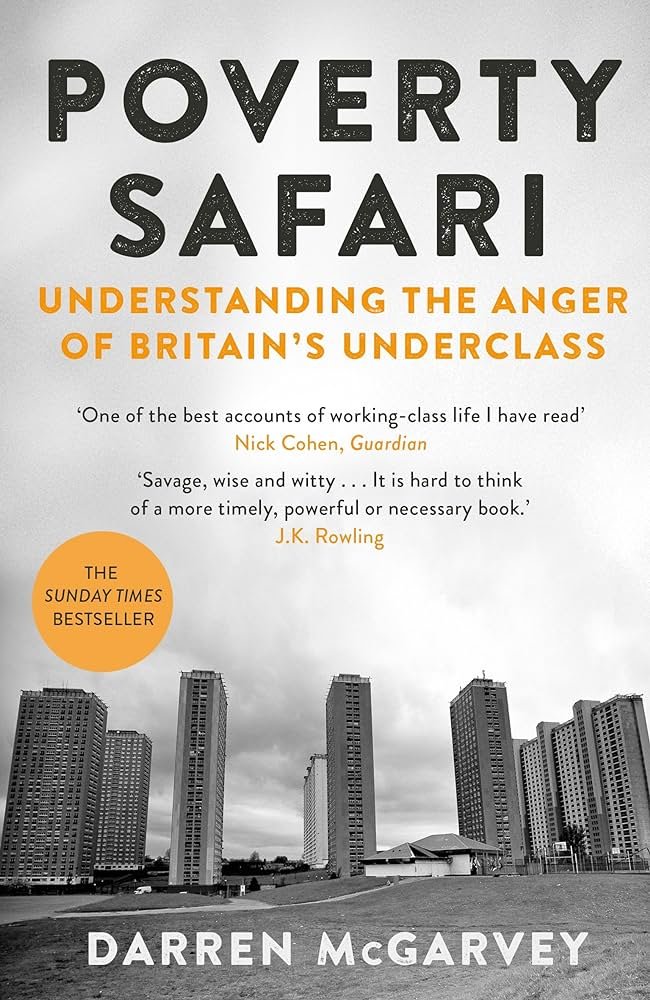Five Things Every Estate Planter Wants You to Know
It may look ‘messy’, but estate churches are bringing hope to some of the most deprived communities across our country. Ray Driscoll, the Revitalise Trust’s Neighbourhood Ambassador, tells us how they’re doing it.
1. Vulnerability is our superpower
In a context shaped by pain, vulnerability is the gateway to community. When the leader walks with a limp, the wounded follow. We seek to build church communities that are deeply authentic and profoundly honest, just like the communities that we serve. If the church is a ‘hospital where the wounded, hurt, injured and broken find healing’, we are the accident and emergency department.
2. Pastoral care is our operating system
In estate ministry, every ministry is pastorally shaped. We prioritise extensive time for community within and around our services and events because ‘God sets the lonely in families’. Our evangelismstrategy functions on presence and time. Being present to others is an embodiment of the gospel and being generous with our time is an act of grace.
3. We pay careful attention to power
Our contexts are profoundly shaped by an imbalance of power in every sphere of life. Whether it is in our national economic policy, or the way social care is delivered, the people on our estates are profoundly disempowered. We seek to build church communities that call out this injustice and live out a different story. As leaders, we hold our power lightly. Seeking always to empower, we make space for each person to make their contribution, and so avoiding any sense of transaction. We excavate the image of God in each person, inviting them to put it to work wherever they can. We long for our churches to dismantle unjust systems of power and rewrite the narrative of shame, restoring dignity and releasing hope.
4. Kids work is (almost) everything
A universal concern on estates is the lack of opportunity for children and young people. We know that you win the hearts of an estate through the children, but you win the minds through the mothers. On estates, ministry to children is a sure and certain way to open–up relationships and unleash possibilities. Kids ministry is core to our strategy for growth, so we spend most of our finances on craft, pizza and Haribo. Trust us, it’ll be worth it.
5. Just because it’s messy, doesn’t mean it’s a mess
Traditional church functions like the theatre, where as estate church is more like your local pub. Our services are boisterous, distracting and free-flowing and they reflect the lives of the people. If you look deep enough, there is still order, flow and direction and God is at work in the midst of it all.
Want to dig deeper?
Take a look at our recommended reads
Our contexts are profoundly shaped by an imbalance of power in every sphere of life. Whether it is in our national economic policy, or the way social care is delivered, the people on our estates are profoundly disempowered. We seek to build church communities that call out this injustice and live out a different story. As leaders, we hold our power lightly. Seeking always to empower, we make space for each person to make their contribution, and so avoiding any sense of transaction. We excavate the image of God in each person, inviting them to put it to work wherever they can. We long for our churches to dismantle unjust systems of power and rewrite the narrative of shame, restoring dignity and releasing hope.








